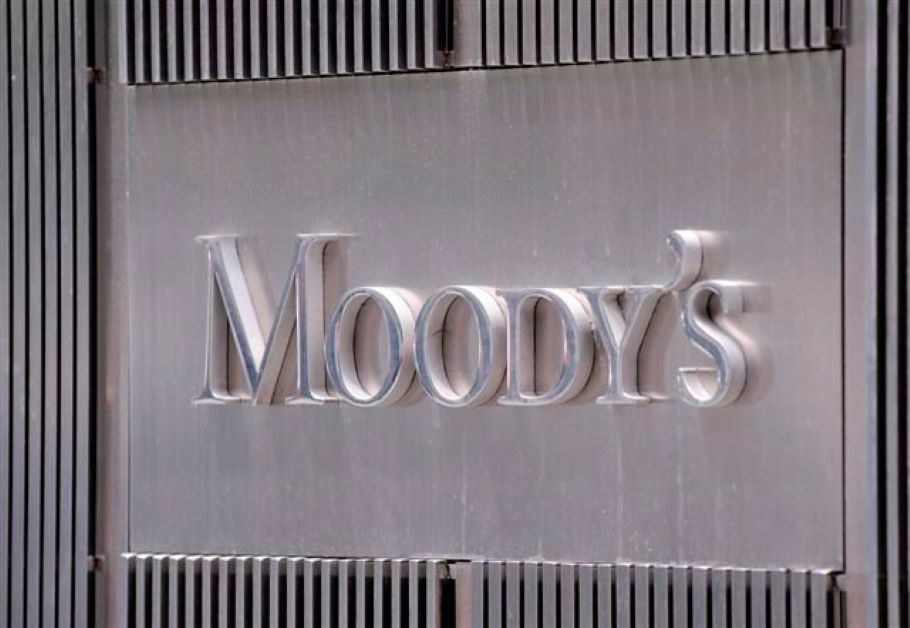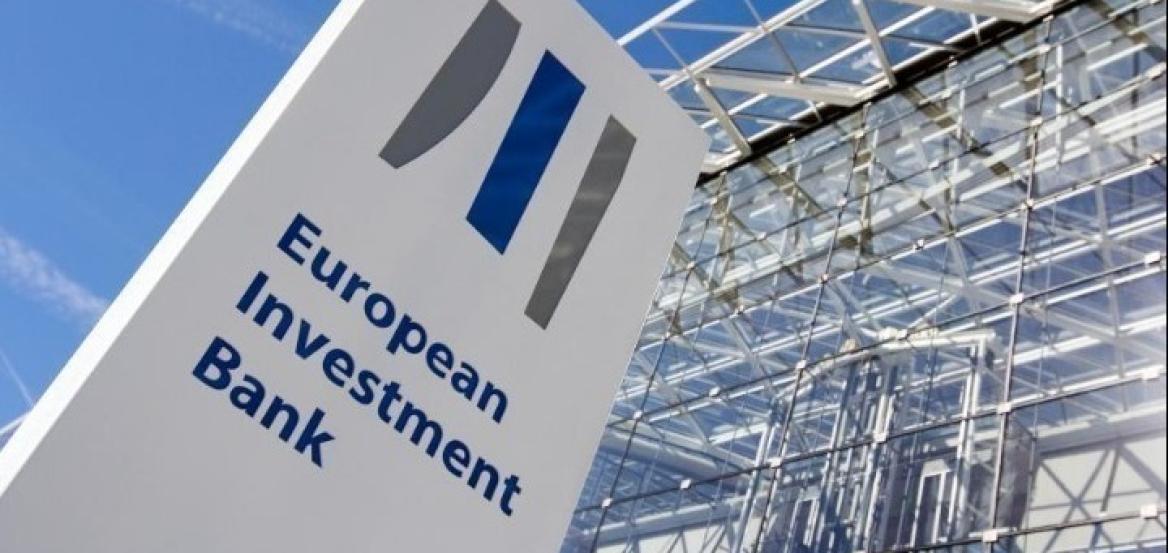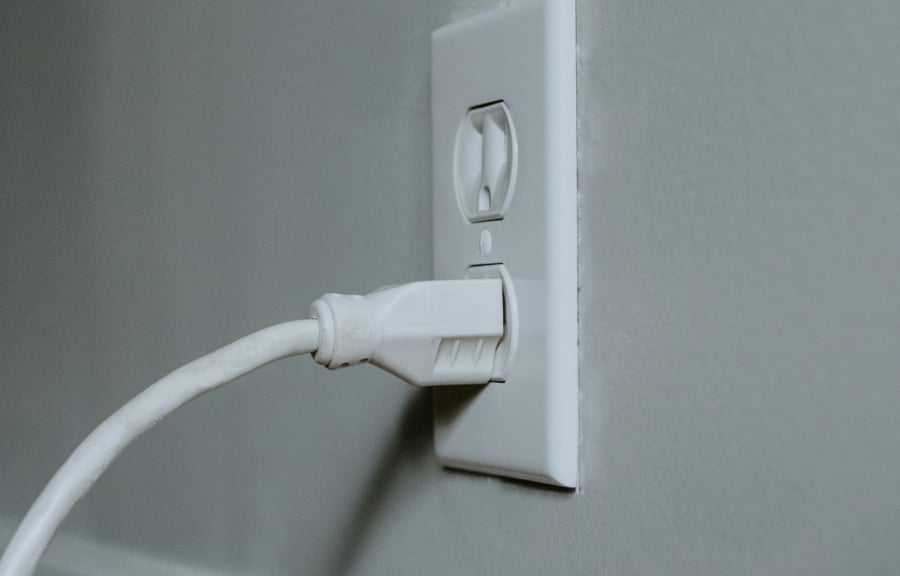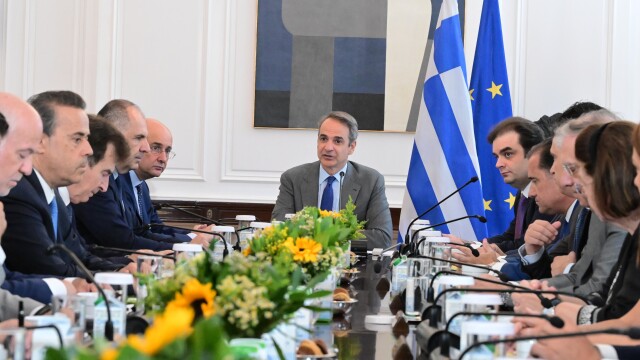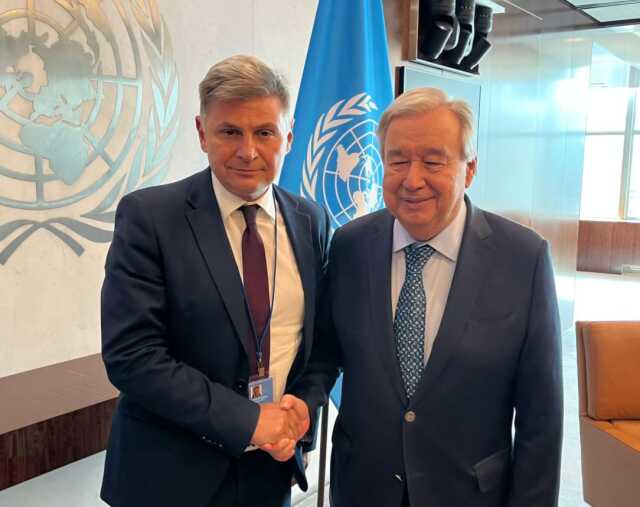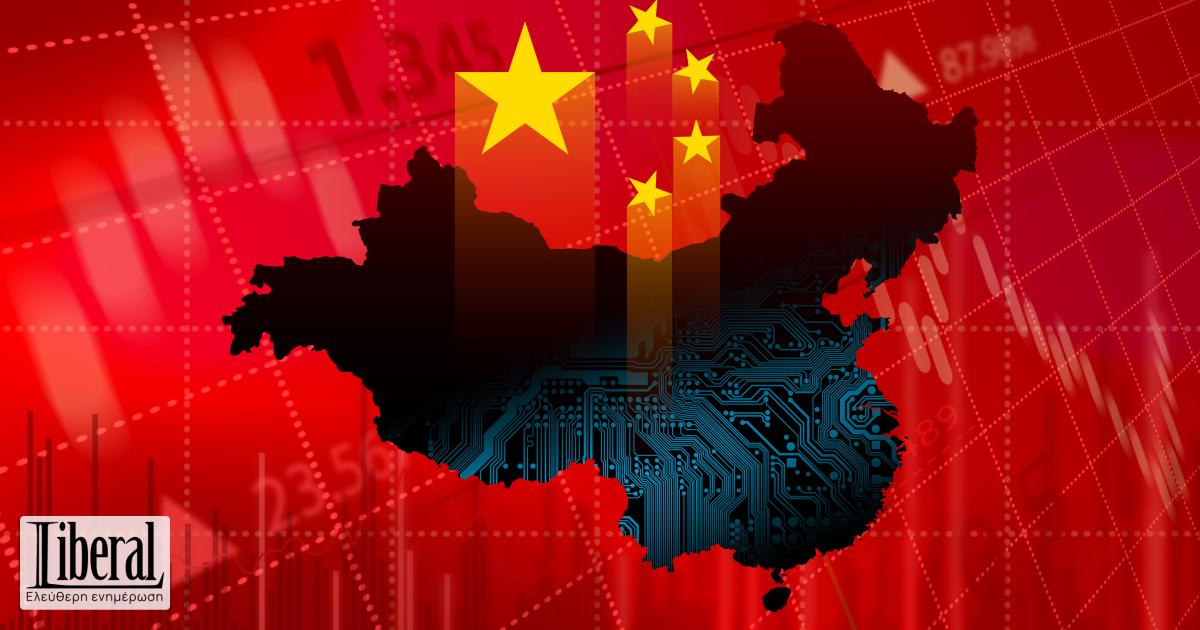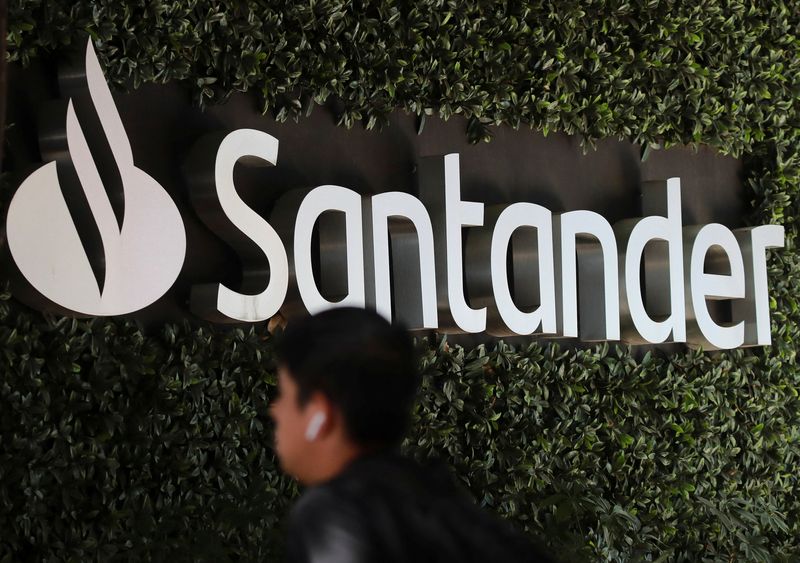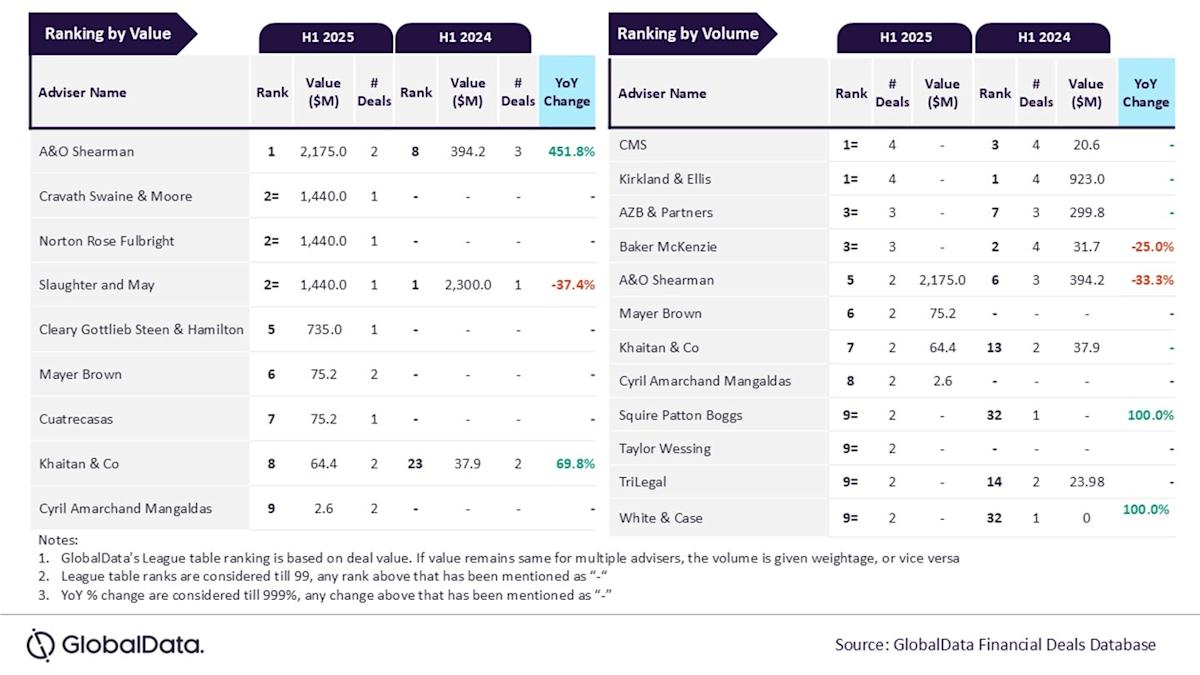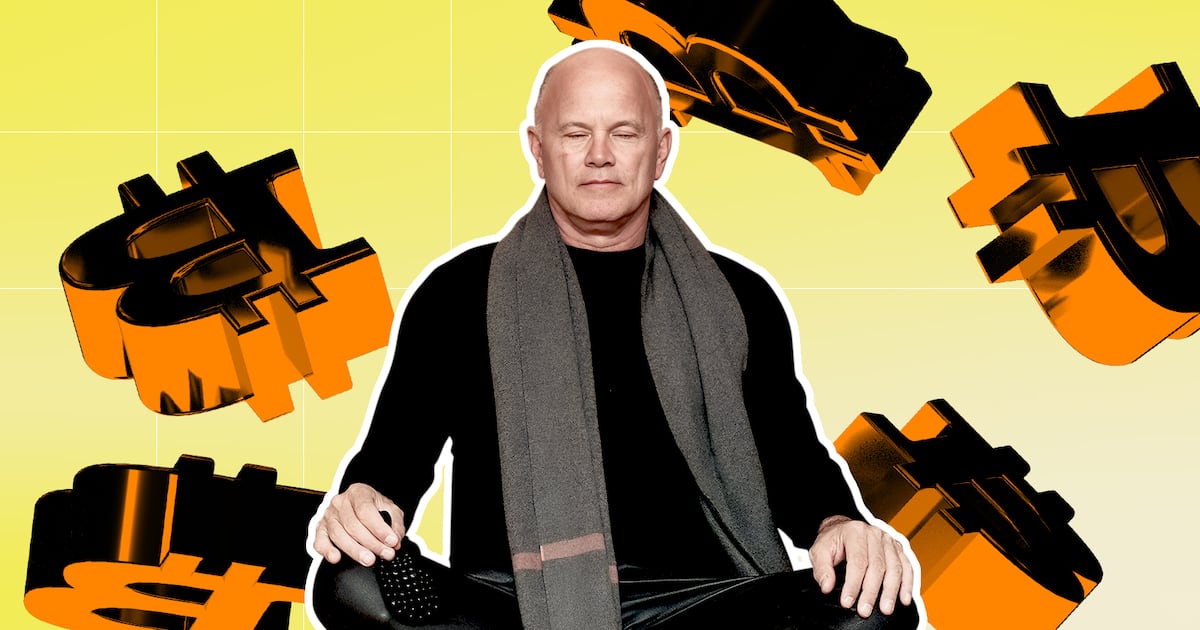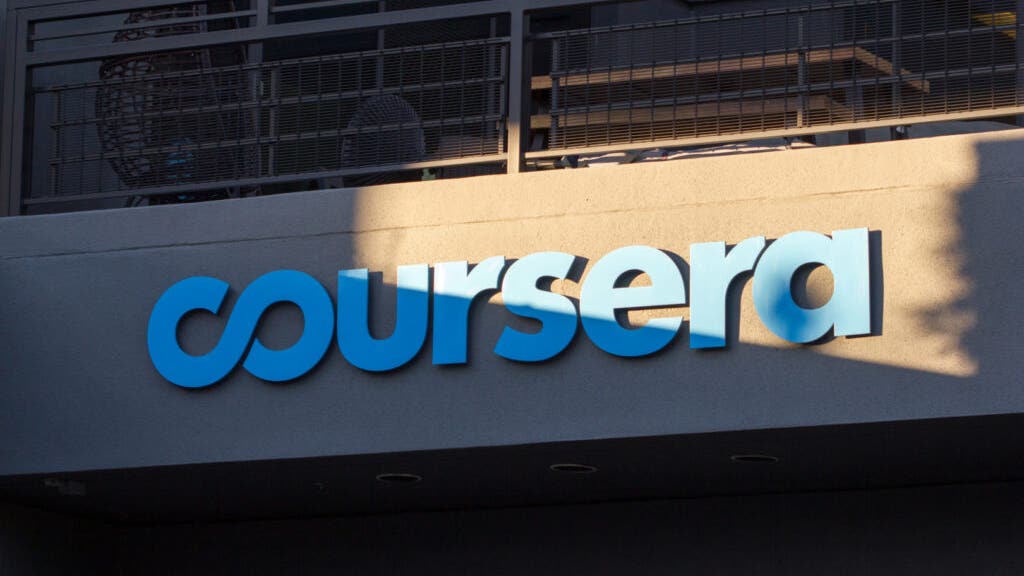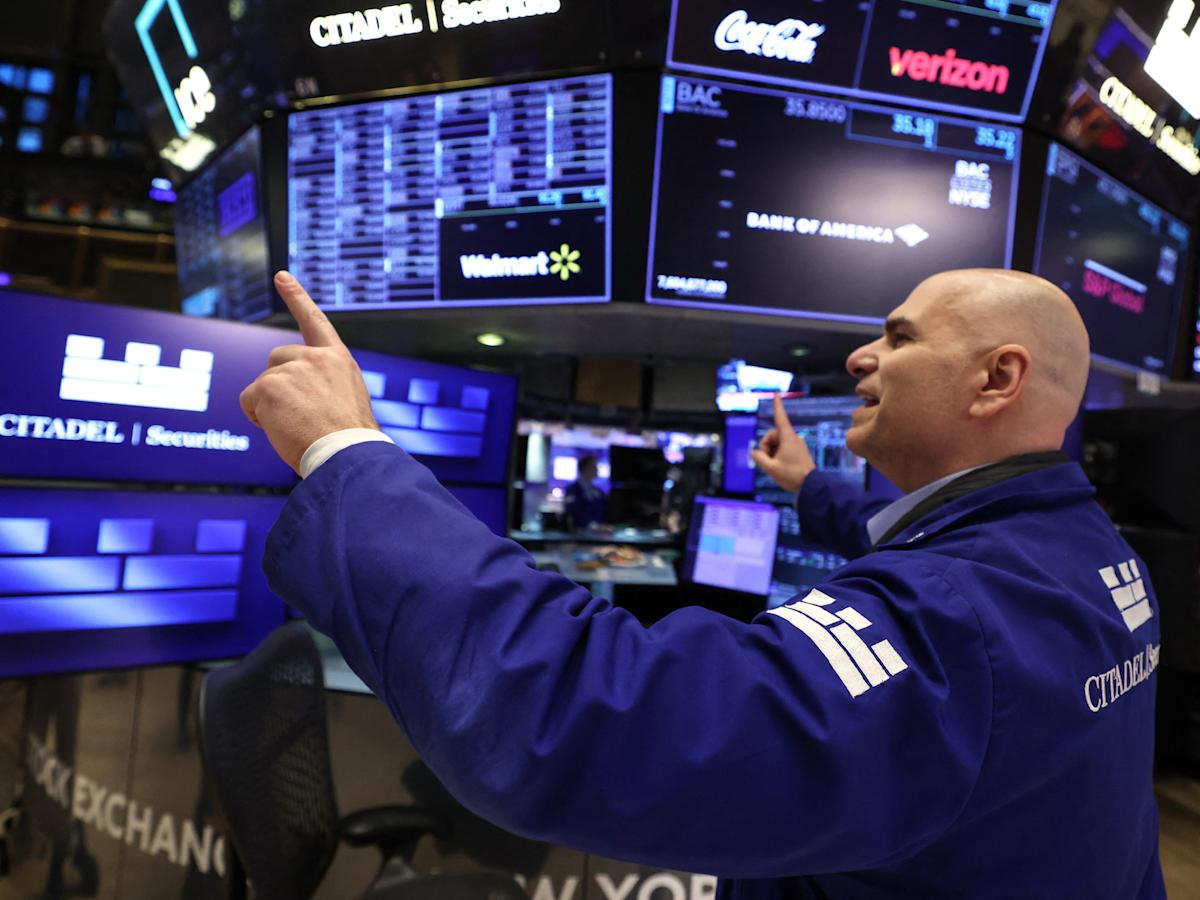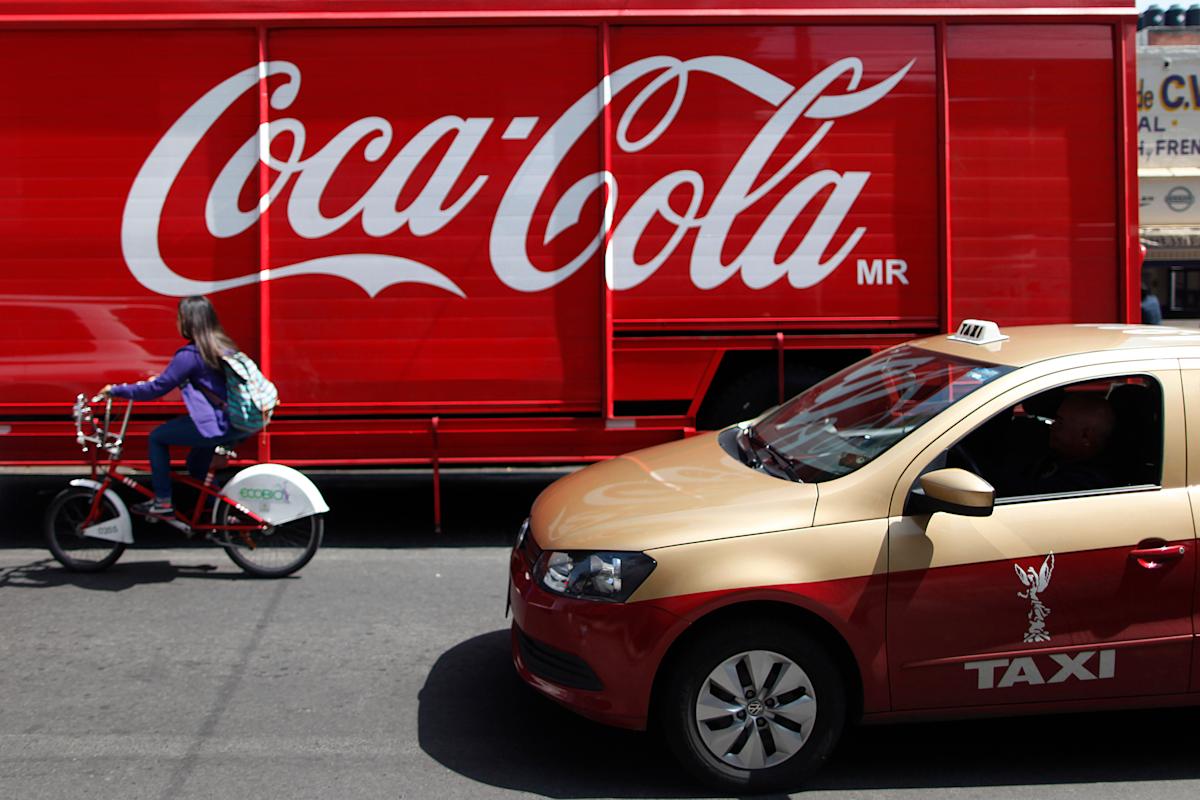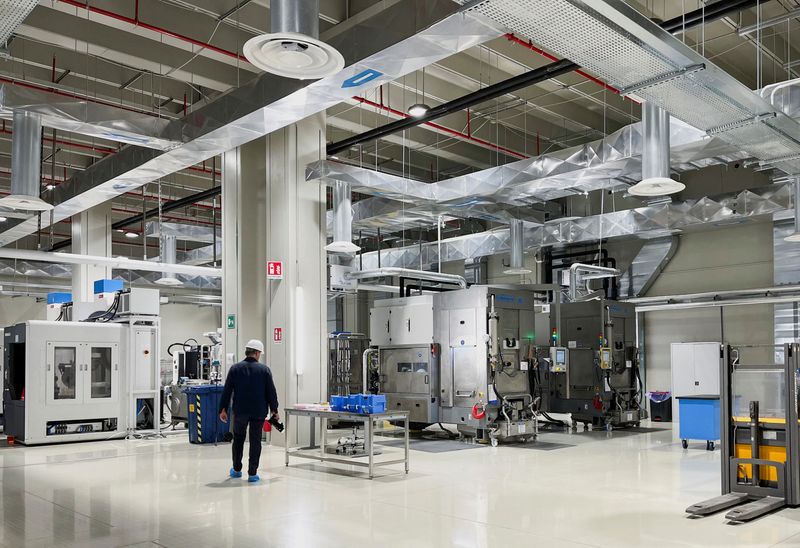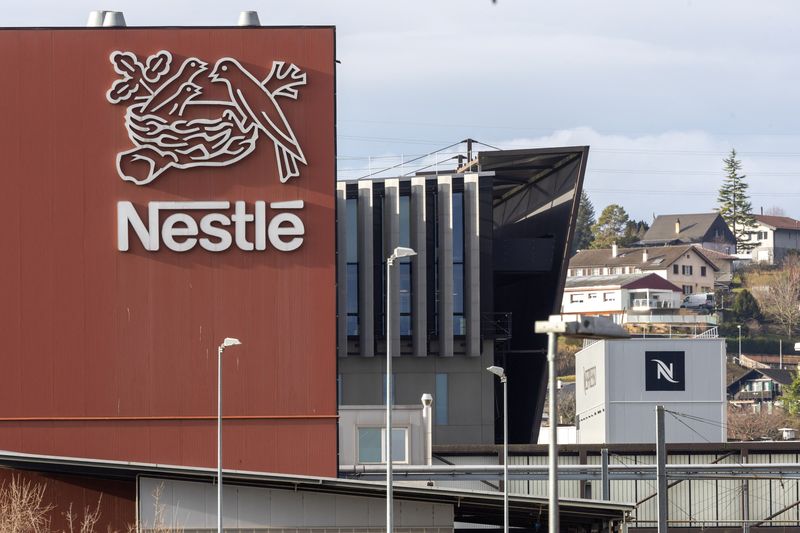Hyundai Motor Q2 profit falls 16% as US tariffs weigh
By Hyunjoo Jin, Heekyong Yang and Joyce Lee
SEOUL (Reuters) -Hyundai Motor (005380.KS, HYMTF) posted a decline in second-quarter operating profit on Thursday as U.S. tariffs on vehicles and parts started to weigh on its bottom line and warned of a bigger impact in the current quarter.
Hyundai's results illustrate the stakes for South Korean officials, who are under pressure to come up with a trade deal after Washington and Tokyo reached an agreement this week that will cut tariffs on its Japanese rivals.
The South Korean automaker said it was sticking to its annual profit target for now, but it will update the plan after the August 1 deadline for reciprocal tariffs to take effect.
Hyundai, which together with affiliate Kia is the world's third-biggest automaking group by sales, booked operating profit of 3.6 trillion won ($2.64 billion) for the April-to-June period, down 16% from 4.28 trillion won in the same period a year earlier. The result is compared to a 3.5 trillion won LSEG SmartEstimate drawn from 22 analysts.
The South Korean automaker said U.S. tariffs cost the company 828 billion won ($606.37 million) in the second quarter, and the impact will be larger in the July to September period.
Hyundai expected U.S. tariff rates on Korean autos to "go down a little" from the current 25%, but it is hard to predict how much it would drop, said Hyundai Motor Chief Finance Officer Lee Seung-jo.
South Korean companies have been on tenterhooks after Washington reached a deal with Japan this week that lowers tariffs on auto imports to 15% and spares Tokyo from punishing new levies on other goods.
South Korea's finance ministry said on Thursday that talks due to be held on Friday between top Seoul and Washington officials over tariffs have been rescheduled because of a scheduling conflict for U.S. Treasury Secretary Scott Bessent.
The automaker's shares fell 2% after the earnings announcement.
"It seems crucial for Hyundai Motor to reassure investors on whether it has effective tools to navigate ongoing tariff-related uncertainty, or how it plans to contribute to broader South Korea-U.S. trade discussions," said Shin Yoon-chul, an analyst at Kiwoom Securities.
"Yet, as with its first-quarter results, the company remained silent — a stance that is likely to leave foreign investors uneasy about investing in Hyundai."
Vehicle pricing
The earnings offer the first look at how the Korean automaker, which has gained market share and sales in the U.S. in recent years, is taking the impact of the tariffs in a lucrative market.
Content Original Link:
" target="_blank">







